This weekend, the All Blacks of New Zealand and the Springsboks of South Africa will meet to settle their scores at the final match of the 2023 Rugby World Cup in Paris, France. The match is significant in too many ways to the world, particularly, the place of Sports diplomacy in an emerging new World Order in the aftermath of the ongoing crisis and wars amongst the superpowers around the world.
Even from my limited personal understanding of sports diplomacy and its role in the past, I can see clearly now why it is important to see this weekend’s match from the perspective of history. Until 1976 the only thing I sensed (not knew) about sports diplomacy happened in the early 1970s. When the icy relationship between China and the USA was to thaw, a friendly Table Tennis match between them was arranged to lubricate the process. It was so successful that ‘Ping Pong diplomacy’ found a place in international diplomatic lexicon.
In 1976, I was a young graduate of Mechanical Engineering, freshly minted from the world-class engineering workshops of The Polytechnic Ibadan of the 1970s. I was waiting for my posting to either Lagos State or Oyo State for the one-year compulsory National Youth Service Corp scheme when I was drafted, at the very ‘last-minute’, to join the Green Eagles, the national football team of Nigeria, on their tour of Europe for their final preparation for the 1976 Olympic Games in Montreal, Canada.
Olympic Games? It was a dream, too good to be true. Never in my wildest dreams had I ever imagined me at an Olympic Games as an athlete. Such feats were meant for gods only. Yet, there I was heading to Europe for the first time in my life, and on to Montreal for the 1976 Games.
I have written and spoken about that special experience several times at different times in the past. Each time, I am left with teary eyes and a humble heart of gratitude to the elements for making it possible.
That summer of 1976, only very few persons on earth would have been unaware of the political happenings in South Africa – the brutal killing of protesting students in the township of Soweto, near Johannesburg, by agents of the government of South Africa. The first victim was a teenage student inside a church called the Regina Mundi.
After that, many more Black South Africans were killed or imprisoned for their resistance to the injustices in the Apartheid system of government that took abolished Slavery to a more degrading and de-humanising dimension. For decades, the Western World had looked away even as Steve Biko and hundreds of other young Black South African youths and miners were killed in cold blood, and Black political ‘freedom fighters’ were clamped into jail with life-sentences.
In our innocent minds , none of these was connected to our world of sport until we arrived Montreal, Canada. The Soweto uprising and killings one month before our arrival were news everywhere, of course, but still very distant from us.
All that naivety evaporated that summer of 1976 when we spent 10 days in that ‘heaven’, an assembly of young men and women brought together to compete for national honours on level playing fields in various sports, in an atmosphere of undiluted friendships and an environment without boundaries, only for all of that to vanish into thin air on the eve of the Games.
I learned about Apartheid for the first time.
I had been taught about slavery, the slave trade and its abolition in the world in school. So, I could not comprehend how another version of the heinous crime and unjust system still sustained in Africa, and the rest of the world would turn away their eyes.
A few African countries, including Nigeria, had been in the frontline of struggles in Central and Southern Africa that did not make much sense to me until the call for the isolation and expulsion of New Zealand, a country that was in bed with the oppressive White racist government in South Africa, became the centre-piece of Nigeria’s foreign policy.
These things were in the news as we headed to Europe and Canada, but were unconnected to our world in sport that included three weeks playing tour through cities that had only been dots in my Atlas map of Europe in my geography class, with streets paved with Gold in my imagination. Athens, Paris, Munich, Bonn, all became real, and true-life experiences.
When we landed in Canada, the short period of a week spent inside the Olympic Village was surreal. To mix and mill with the best athletes from all over the world in one huge environment, to eat in dining halls the size of football fields, and food from every part of the world served non-stop 24 hours of every day, were the stuff of movies only. Yet we lived it in this sea of undiluted friendship and camaraderie made possible by the power of Sport.
The date for the opening ceremony of the Games was July 18, 1976.
On July 17, the world changed.
It was the day sports, politics and diplomacy collided.
The Presidents of some African countries led by Tanzania’s President, Julius Nyerere, and Nigeria’s General Olusegun Obasanjo led other African countries approved that the Supreme Council for Sports in Africa demanded for the expulsion of New Zealand from the Games or face the threat of an African boycott.
We, the African athletes were the pawns, of course, in this showdown. The International Olympic Committee were taken by surprise. This was unprecedented, a first at that level of sport in history. Rugby was not even an Olympic Sport and New Zealand’s romance with the Merchants of Apartheid in South Africa were outside the IOC’s jurisdiction, the IOC insisted. But this was international politics of the Commonwealth and the interest of Western powers at play and at stake. The small White country of New Zealand was more ‘important’ to the West than all the African countries put together. That was the simple interpretation of what happened next!
The IOC stood their ground. The African countries decided to boycott the opening ceremony. They were given a few hours to leave the Games Village and the entire Games.
It was a Disaster for the IOC and for Canada, a moral victory for African countries, but a nightmare for the innocent African athletes with no iota of understanding of the international politics being played out. On the eve of the fulfilment of their greatest dreams their world in sports ended.
It was a hard baptism for me into the world of sports and international diplomacy. 27 African countries with their athletes left their shattered dreams in Canada. This was followed by an avalanche of new developments in sports, politics and diplomacy.
2 years after the Montreal Olympics, Nigeria led a boycott of the Commonwealth Games. In 1980, as USSR rolled its military armada over Afghanistan, USA led a Western countries’ boycott of the Moscow Games in protest. 4 years later, USSR ‘retaliated’ and led a Communist boycott of the 1984 Games in Los Angeles. International politics had crept surreptitiously into international Sports like a thief at night.
From my small observatory, international Sports events have become subtle platforms for international diplomacy, particularly since the event in Canada of 1976.
It is clear that the world had always steered clear of weaponizing sport in international politics. It is too big, too strong and too powerful a human activity to suffer from the vagaries of human errors.
Yet, sport is being subtly and softly deployed by a few countries. The recent bidding and hosting processes for the FIFA World Cup are being blatantly manipulated to promote parochial and narrow ideological interests.
Even the public endorsement of Saudi Arabia’s proposed bid for the 2034 World Cup by officials of the Nigeria Football Federation, and the hurried support by a few journalists smirks of naivety. They should have consulted and sought their country’s greater interest in the international diplomatic space.
In an emerging new World Order, following the recent spate of global crisis on the planet, the lesser powers in Africa and of countries that have become home to peoples of African-descent in the Caribbeans and South America, there must be a wake-up call for the establishment of Sports Diplomacy units within their international relations agencies to guide them through the delicate ‘games’ going on behind the scenes in international politics.
That’s the only way they can take the right decisions and benefit from the humongous and burgeoning power of international Sport.
The world’s major powers have been very protective of sport, avoiding like a plague its deployment for clandestine purposes. It will be catastrophic if the world loses control of it’s greatest, most common and most powerful unifier, and an expanding major contributor to the global economy. Hence Sport has to be delicately nursed and nurtured as a soft-power tool in international diplomacy, deployed sparingly and carefully to protect national interests, to loosen difficult political knots, to resolve all kinds of social differences, and to build solid bridges across all divides.
That’s why every country must start to pay more attention to the study of sport for international relations and diplomacy now.
I support and wish the Springboks the best of luck today, understandably!
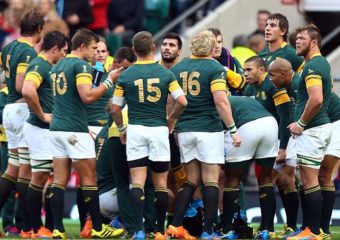
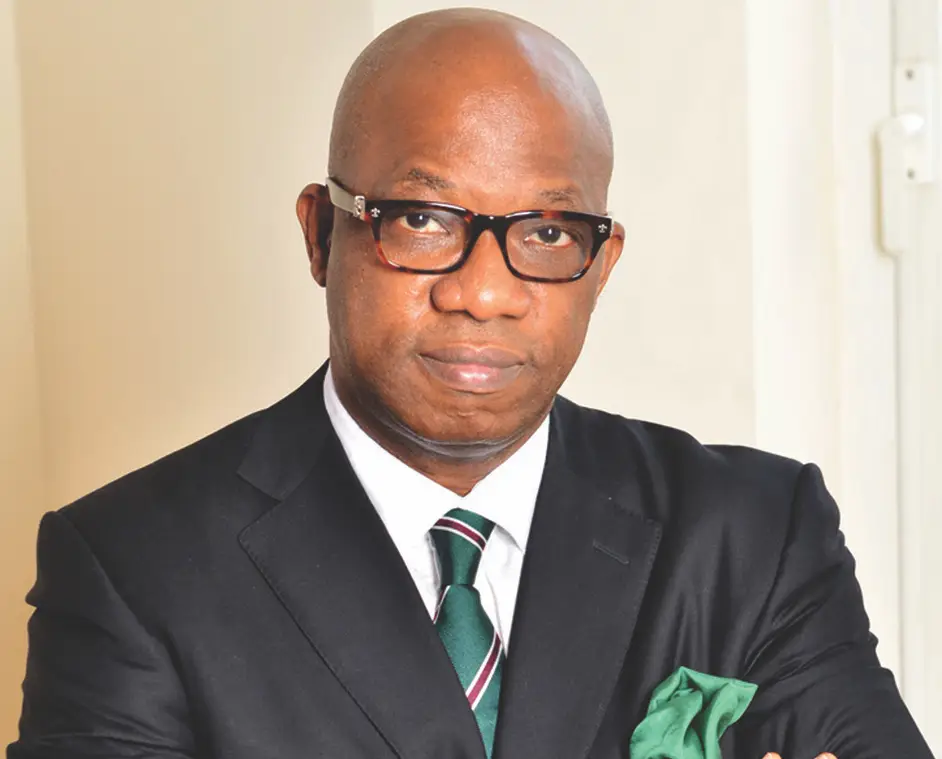
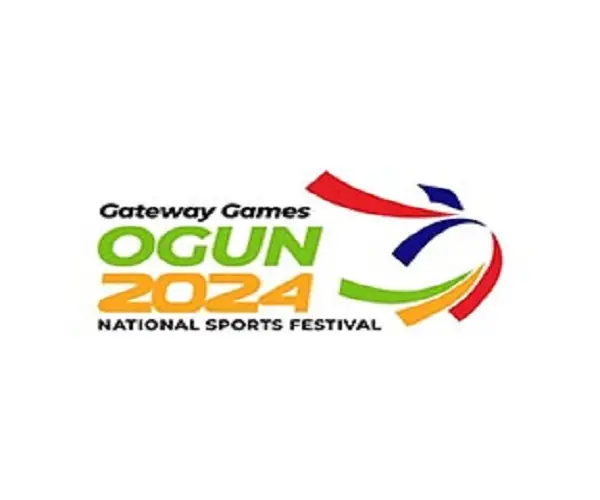
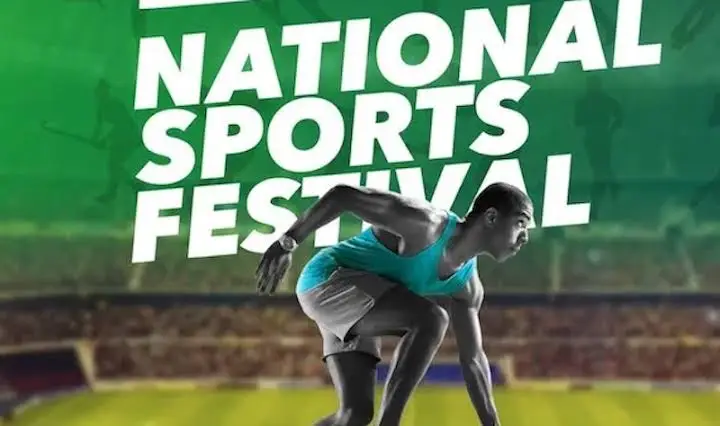
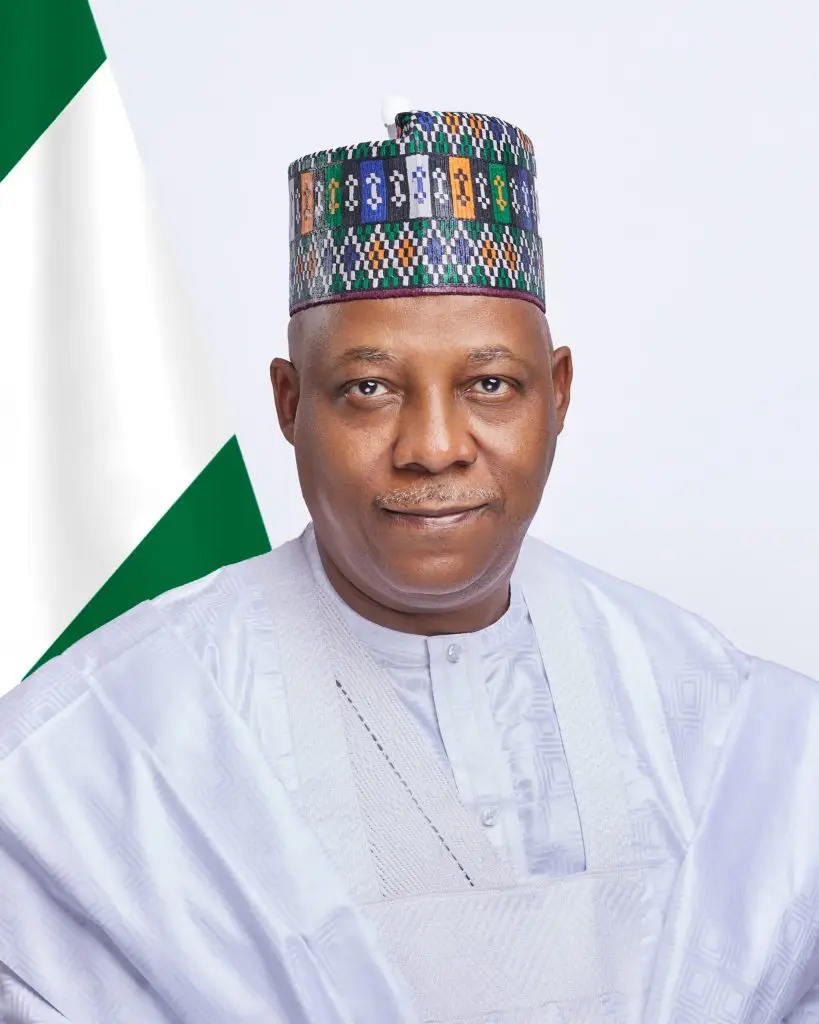
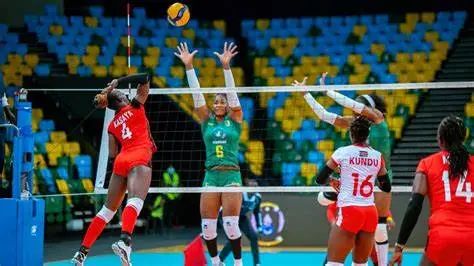



Latest Comments